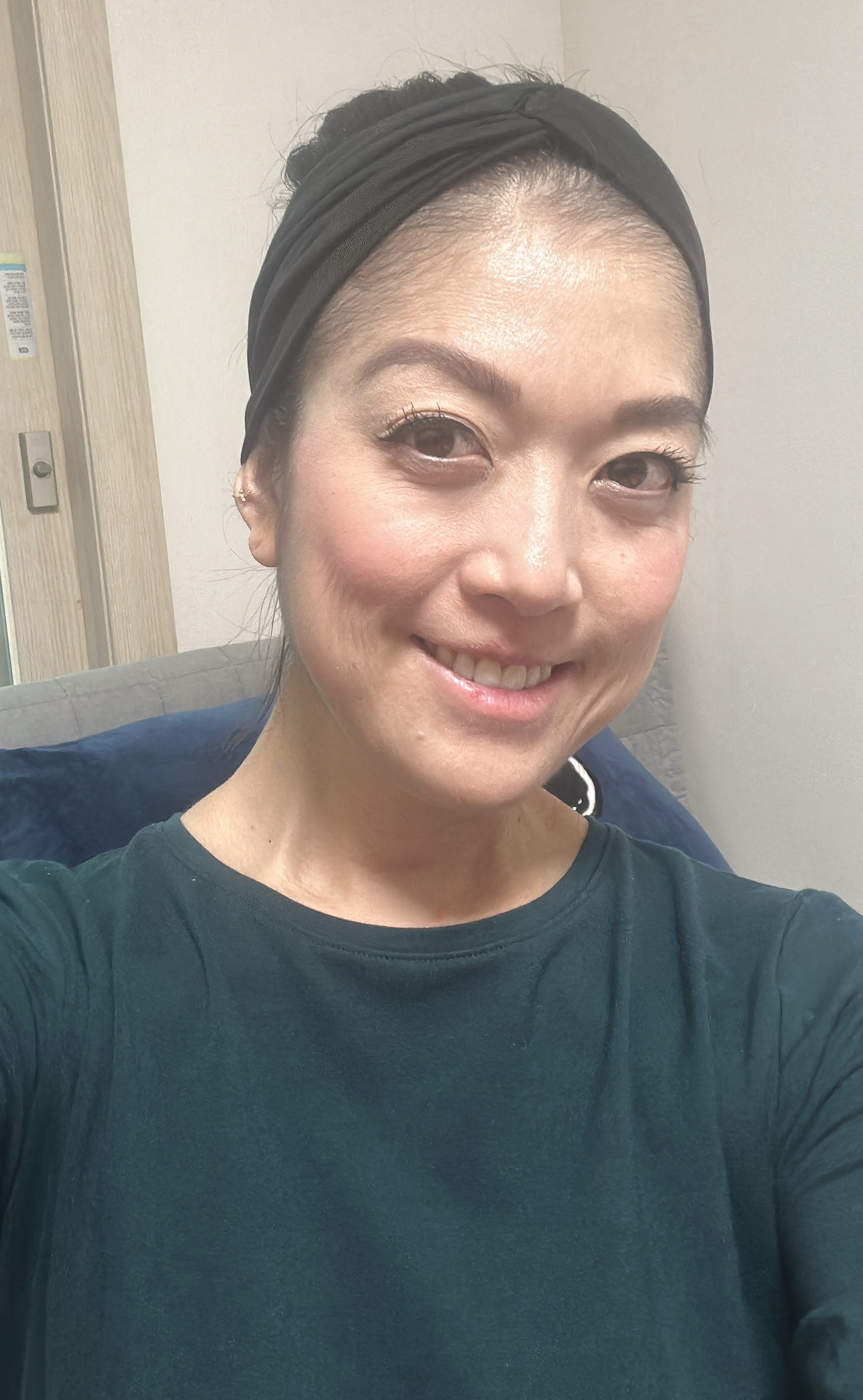Yale Kim (2010)
 Yale Kim graduated in 2010 from the College of Human Ecology with a major in Human Biology, Health, and Society. Yale is actively involved in clinical research, crediting RCPRS for giving her the “jumpstart” to pursue her work in this industry. “Starting as a freshman and as a young researcher in the Design and Environmental Analysis (D+EA) department with Dr. Lorraine Maxwell was an excellent start for me. It taught me the basics from the ground up and challenged me every step of the way.”
Yale Kim graduated in 2010 from the College of Human Ecology with a major in Human Biology, Health, and Society. Yale is actively involved in clinical research, crediting RCPRS for giving her the “jumpstart” to pursue her work in this industry. “Starting as a freshman and as a young researcher in the Design and Environmental Analysis (D+EA) department with Dr. Lorraine Maxwell was an excellent start for me. It taught me the basics from the ground up and challenged me every step of the way.”
Even before Yale’s time as a Rawlings Scholar, she knew that she wanted to get involved with research. When she was in high school, she was invited to submit a poster to the University of British Columbia (UBC) for their biannual science fair/conference, which she shared that she happily did with her best friend. They didn’t win or place anywhere, but Yale admits that they had a fun time and learned a lot through the process. “I would very much encourage any young minds to get dirty and involved with research whenever the innovation and development hits!”
Yale believes that RCPRS is what influenced her career trajectory because it connected her to a faculty mentor that was invested in Yale’s success. In addition, having access to an $8,000 research support account helped fund her research endeavors. Yale advises that students should take advantage of accessing the benefit of their research support accounts, “Use it and use it wisely. If you run out, don’t hesitate to write, and ask for more. Sometimes research takes no pennies at all. Other times, it can cost a fortune, depending on what kind of research you get involved with.”
Yale acknowledges that it can be challenging for students to find the right research opportunities and faculty mentors that align with their interests. She recommends that students should seek beyond their respective college and search across the entire campus. “Cornell is a place where you can reach out and really dream big. Don’t be afraid if you don’t see exactly what you’re looking for at the first step. Always seek answers and ask questions. Remember: there is never a wrong or bad question! (First rule of a good researcher!) Good luck!”
